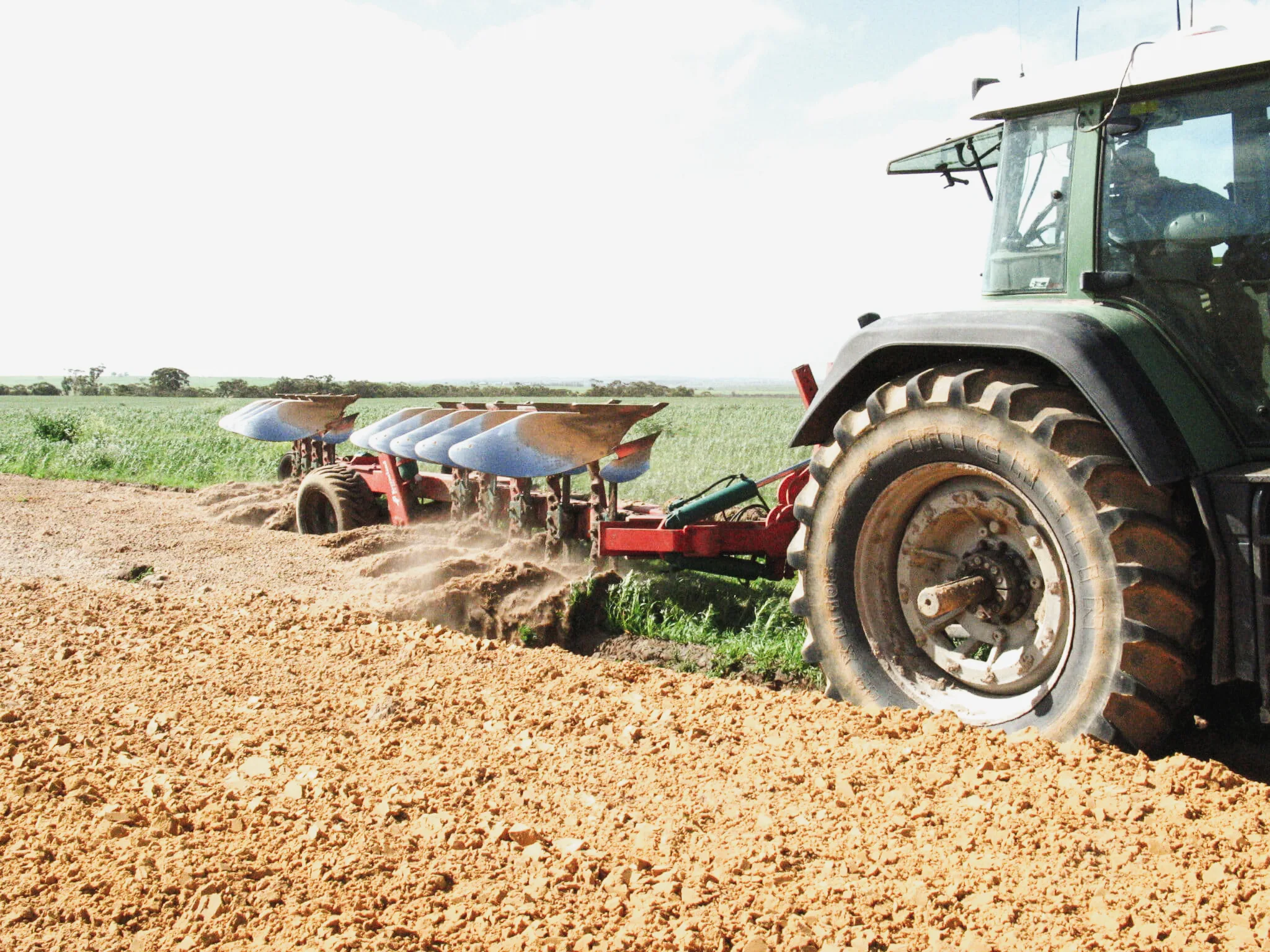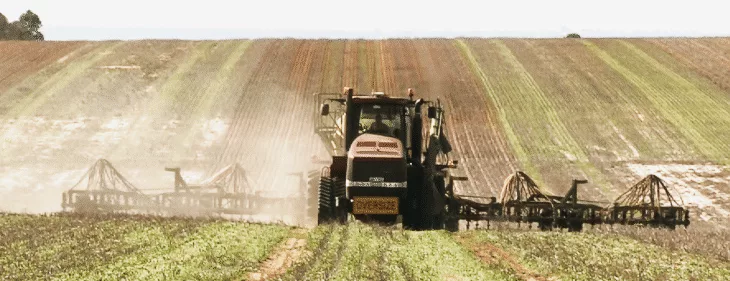PROJECTS
Minimising the impact of soil compaction on crop yield
Evaluation of the financial and environmental benefits of controlled traffic farming (CTF).

PROJECT DETAILS
Status
completed
Duration
2011-2017
Collaborators
- Department of Primary Industries and Regional Development
- Grains Research and Development Corporation
Project team
- Wayne Parker
Project overview
Restricted root growth and ‘haying off’ are often associated with the presence of a soil compaction layer at depth which constrains access to water and nutrients. The risk of waterlogging can also increase on susceptible soils. It is estimated lower grain yield and higher costs resulting from poorer crop growth can cost a farmer 10% of yield and in some cases more. In prior work, yield responses of up to 30% have been noted by deep ripping in a good year.
Larger machinery increase the depth and severity of subsoil compaction, which is commonly now to 500 mm rather than 300 mm depth. Optimal strategies for amelioration of compaction layers include removal of deep subsoil compaction (e.g. deep ripping), followed by implementation of traffic control (CTF) systems where machinery wheel widths can be matched to minimise re-occurrence where possible.
Evaluating more efficient methods of managing this deep subsoil compaction is required, as is the economic basis for making such decisions in better managing our soils productive capacity.

How is the research being used?
- Annual cost of compaction as lost production is estimated as $333 million with additional losses associated with soil structure decline.
- Profitable employment of such methods requires revisiting deep ripping and employing more efficient methods; shallow leading tines can be part of this strategy; this is a proven method to alleviate deep compaction and save fuel.
- The cause and nature of soil compaction needs to be identified prior to investigating treatment options. Naturally hard soil to depth is unlikely to respond to deep cultivation.
- Controlled traffic or tramline farming restricts traffic induced compaction to permanent traffic lines. It is especially valuable to maintain low soil strength after deep cultivation
Project news and resources
No posts found!